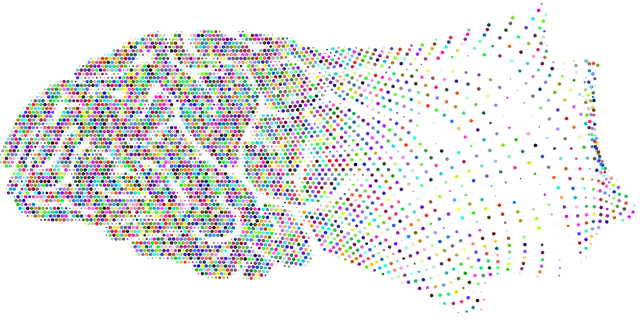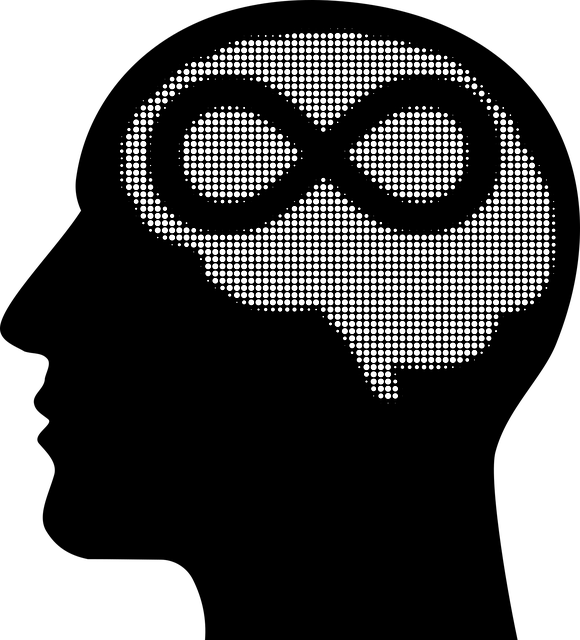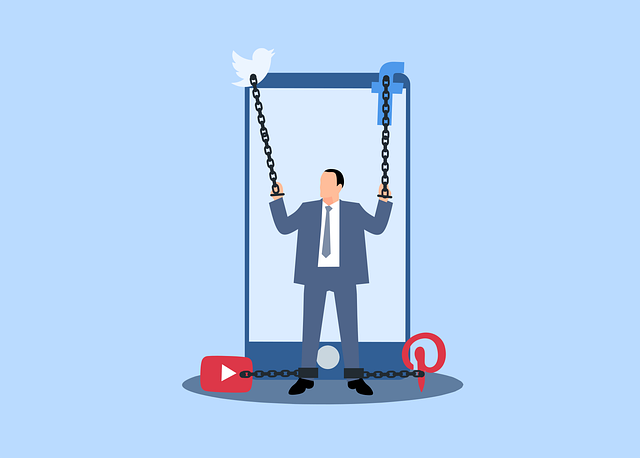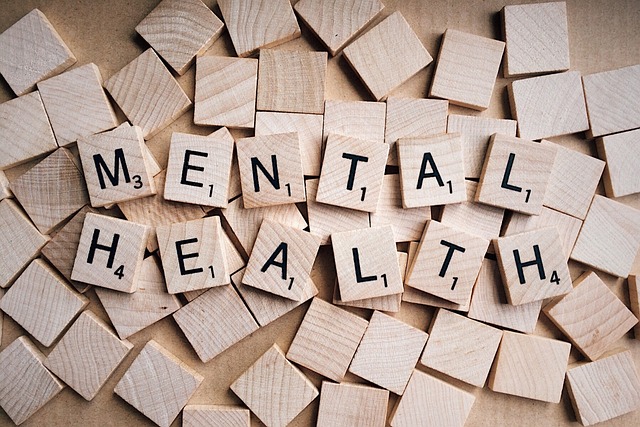In Lafayette, the stigma surrounding ADHD significantly hinders access to mental health support. Lafayette ADD-ADHD evaluations are key to breaking this barrier by providing personalized therapy and improved focus, emotional regulation, and quality of life for individuals with ADHD and co-occurring conditions. Mental health awareness and self-care practices, coupled with community education and initiatives like cultural competency training, empower residents to combat stigma, reduce barriers to care, and foster a supportive network for those seeking help, especially for Lafayette ADD-ADHD evaluations and therapy.
Mental illness stigma is a pervasive barrier to healing, affecting individuals across the spectrum. This article delves into the multifaceted challenge of stigma, exploring its profound impact on mental health and well-being. We highlight the significance of understanding stigma’s roots and present successful initiatives like Lafayette ADD-ADHD evaluations, showcasing how targeted therapy can unlock support for those navigating these conditions. Furthermore, we uncover powerful strategies to reduce stigma through community engagement and education, emphasizing their vital role in fostering an inclusive society.
- Understanding Stigma and its Impact on Mental Health: A Comprehensive Look at the Challenges
- Lafayette ADD-ADHD Evaluations: Unlocking Supportive Therapy for Enhanced Well-being
- Effective Strategies for Reducing Stigma: Community Engagement and Education Play a Vital Role
Understanding Stigma and its Impact on Mental Health: A Comprehensive Look at the Challenges

Stigma surrounding mental illness is a pervasive and detrimental force that significantly impacts individuals’ lives. It often manifests as negative attitudes, stereotypes, and discrimination against those with psychological disorders, including conditions like Attention-Deficit/Hyperactivity Disorder (ADHD). In Lafayette, ADD-ADHD evaluations play a crucial role in identifying and addressing this issue. The consequences of stigma are profound; it can deter people from seeking the help they need, leading to prolonged suffering and exacerbating existing symptoms.
This hidden challenge perpetuates a cycle where individuals with mental health concerns face obstacles in their personal and professional lives. They may experience social isolation, reduced opportunities for employment, and even face legal consequences due to systemic biases. Mental health awareness campaigns and self-care practices are essential tools in the fight against stigma. Educating communities about mental illness, its various manifestations, and available treatment options can foster empathy and understanding, ultimately breaking down barriers and encouraging those affected to embrace support and healing.
Lafayette ADD-ADHD Evaluations: Unlocking Supportive Therapy for Enhanced Well-being

In Lafayette, ADD-ADHD evaluations are pivotal steps toward unlocking tailored therapy for individuals seeking enhanced well-being. These comprehensive assessments play a crucial role in identifying Attention Deficit Hyperactivity Disorder (ADHD) symptoms and co-occurring conditions, enabling mental health professionals to design personalized treatment plans. By integrating evidence-based therapies, Lafayette’s support services cater to the unique needs of each patient, fostering improved focus, emotional regulation, and overall quality of life.
Beyond ADHD management, these evaluations often serve as a gateway to broader mental health awareness and depression prevention strategies. Recognizing the interconnectedness of various conditions, Lafayette’s trauma support services seamlessly integrate with the therapy process. This holistic approach ensures that individuals not only address their ADHD but also receive valuable tools for managing stress, anxiety, and other mental health challenges.
Effective Strategies for Reducing Stigma: Community Engagement and Education Play a Vital Role

Community engagement and education are powerful tools in the fight against mental illness stigma. By fostering open conversations about mental health within local communities, individuals with conditions such as Lafayette ADD-ADHD can find support and reduce the barriers they face. Educational programs that target both general public awareness and specific groups, like schools or workplaces, can dispel myths and promote understanding.
Effective strategies for stigma reduction include developing Healthcare Provider Cultural Competency Training to ensure professionals are equipped to handle conversations about mental health with sensitivity and respect. Additionally, Mental Wellness Coaching Programs can empower individuals to manage their emotional well-being and reduce the impact of societal perceptions. These collaborative efforts create a network of support that encourages open dialogue, fostering an environment where everyone feels safe to seek help for their mental health concerns.
Mental illness stigma reduction is a collective effort that requires community engagement, education, and innovative approaches like Lafayette ADD-ADHD evaluations for personalized therapy. By challenging societal perceptions and fostering understanding, we can create a more inclusive environment, ensuring those facing mental health struggles receive the support they need without fear of judgment. This transformative change is crucial for enhancing overall well-being and nurturing resilient communities.










